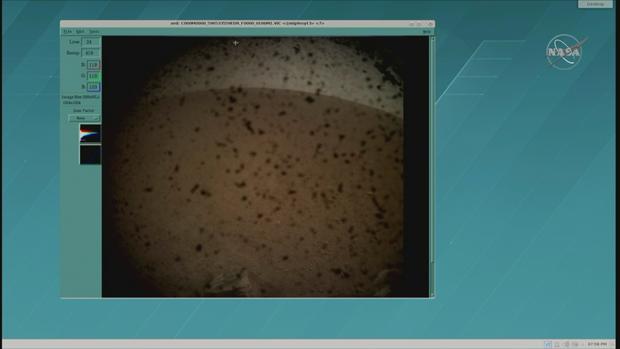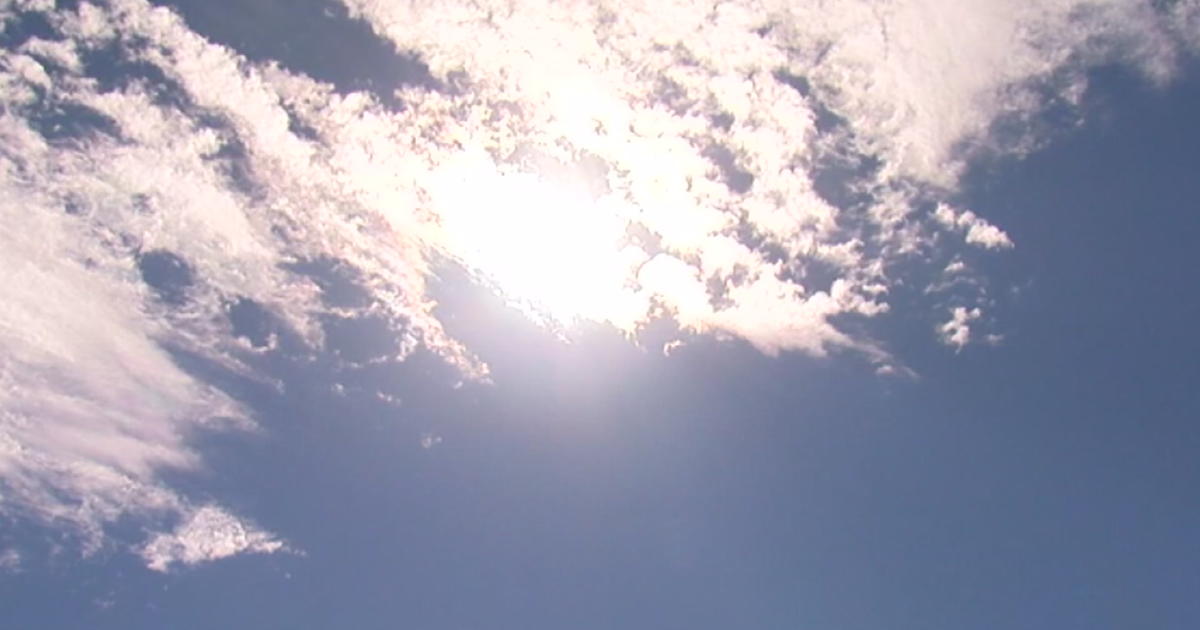First Images Sent Back From InSight Mars Lander Moments After Touchdown
CAPE CANAVERAL, Fla. (CBSDFW.COM/AP/CBS NEWS) — After a six-month voyage from Earth, NASA's InSight Mars lander reached the thin Martian atmosphere Monday afternoon to begin a nail-biting six-and-a-half-minute descent to the surface. After streaking through space at some 12,300 mph, the landing will kick off a billion-dollar mission to probe the red planet's hidden interior.
"The goal of InSight is nothing less than to better understand the birth of the Earth, the birth of the planet we live on, and we're going to do that by going to Mars," said Principle Investigator Bruce Banerdt.
Space Center Houston is hosted a watch party at 1601 NASA Parkway in Houston where visitors will be able to view the events as they occur. The center also says there will be hands on activities as well.
InSight — designed to explore Mars' insides, surface to core — must go from 12,300 mph to zero in six minutes flat as it pierces the Martian atmosphere, pops out a parachute, fires its descent engines and, hopefully, lands on three legs.
This was NASA's first attempt to land on Mars in six years, and all those involved are understandably anxious.
NASA's top science mission official, Thomas Zurbuchen, confided Sunday that his stomach is already churning. The hardest thing is sitting on his hands and doing nothing, he said, except hoping and praying everything goes perfectly for InSight.
"Landing on Mars is one of the hardest single jobs that people have to do in planetary exploration," noted InSight's lead scientist, Bruce Banerdt. "It's such a difficult thing, it's such a dangerous thing that there's always a fairly uncomfortably large chance that something could go wrong."
Earth's success rate at Mars is 40 percent, counting every attempted flyby, orbital flight and landing by the U.S., Russia and other countries dating all the way back to 1960.
But the U.S. has pulled off seven successful Mars landings in the past three decades. With only one failed touchdown, it's an enviable record. No other country has managed to set and operate a spacecraft on the dusty red surface.
InSight handed NASA its eighth win.
On Earth, plate tectonics and the constantly churning mantle have altered the planet's deep interior, obscuring its history and evolution. But Mars is a smaller planet and much less active than Earth, retaining the "fingerprints" of those earlier processes.
"By mapping out these boundaries, these various different sections of the inside of the planet, we can then understand better how the planet formed and how our planet got to be the way it is where we can actually live and play and have a good time," Banerdt said. "... So, we're going to go to Mars."
A final correction maneuver was planned Sunday afternoon to slightly tweak InSight's trajectory and ensure an on-target landing on a broad plain known as Elysium Planitia.




